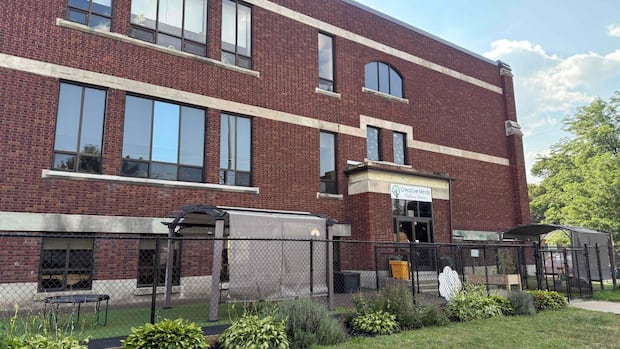Singaporeans Need Mental Health AI 'Traffic Lights': Ensuring Safety & Trust in a Rapidly Evolving Landscape

Singapore is embracing Artificial Intelligence (AI) at a rapid pace, and its applications are increasingly touching upon sensitive areas like mental health. While AI-powered mental health support tools offer exciting possibilities – from accessible therapy chatbots to personalized wellness programs – they also present significant risks. Without proper safeguards, users could encounter inaccurate advice, potentially harmful suggestions, or even experience data privacy breaches. This is why experts are calling for a new framework, likened to 'traffic lights' (green, yellow, and red), to guide the development and deployment of mental health AI in Singapore, ensuring both innovation and user safety.
The Promise of AI in Mental Health
The potential benefits of AI in mental health are undeniable. In a society facing rising stress levels and limited access to traditional mental health services, AI can offer:
- Increased Accessibility: Chatbots and apps can provide 24/7 support, particularly for those in remote areas or facing stigma.
- Personalized Care: AI can analyze user data to tailor interventions and recommend appropriate resources.
- Early Detection: AI algorithms can identify patterns in language and behavior that may indicate mental health concerns, enabling early intervention.
- Cost-Effectiveness: AI-powered tools can potentially reduce the cost of mental health support, making it more affordable for a wider population.
The Risks and the Need for Regulation
However, the rapid development of mental health AI also brings considerable risks. These include:
- Inaccurate or Harmful Advice: AI models are only as good as the data they are trained on. Biased or incomplete data can lead to inaccurate or even harmful recommendations.
- Data Privacy Concerns: Mental health data is highly sensitive. Robust data security measures are crucial to protect user privacy.
- Lack of Human Oversight: AI should not replace human therapists entirely. Human oversight is essential to ensure appropriate care and address complex situations.
- Exacerbation of Existing Inequalities: If AI tools are not designed with inclusivity in mind, they could exacerbate existing inequalities in access to mental health care.
The 'Traffic Light' Framework: A Practical Approach
The proposed 'traffic light' system offers a tiered approach to regulating mental health AI. Here's how it could work:
- Green Light: Low-risk applications, such as wellness apps providing general stress management tips, could operate with minimal regulation.
- Yellow Light: Moderate-risk applications, such as chatbots offering basic emotional support, would require more scrutiny, including regular audits and transparency about their algorithms.
- Red Light: High-risk applications, such as AI systems providing diagnostic assessments or prescribing treatment, would face the strictest regulation, including mandatory human oversight and rigorous clinical validation.
Moving Forward: Collaboration and Innovation
Implementing a 'traffic light' framework requires collaboration between policymakers, AI developers, mental health professionals, and the public. It's crucial to strike a balance between fostering innovation and safeguarding user well-being. Singapore's proactive approach to regulating AI, combined with its strong commitment to mental health, positions it to become a leader in responsible AI-powered mental health support. By prioritizing safety, transparency, and ethical considerations, Singapore can harness the power of AI to improve mental well-being for all its citizens, while mitigating potential harms. The key is to ensure that AI serves as a valuable tool in the hands of mental health professionals and empowers individuals to take control of their mental health journey, not replace human connection and expertise.






